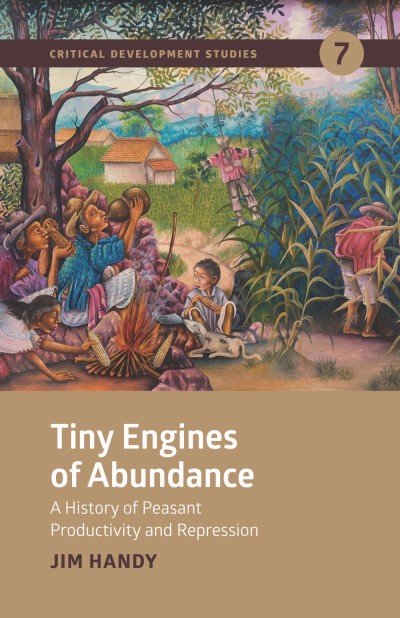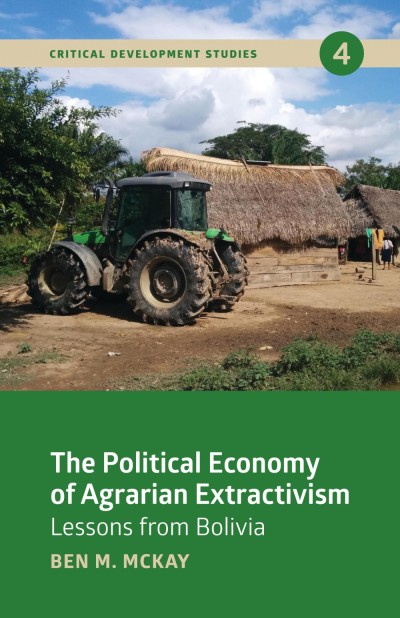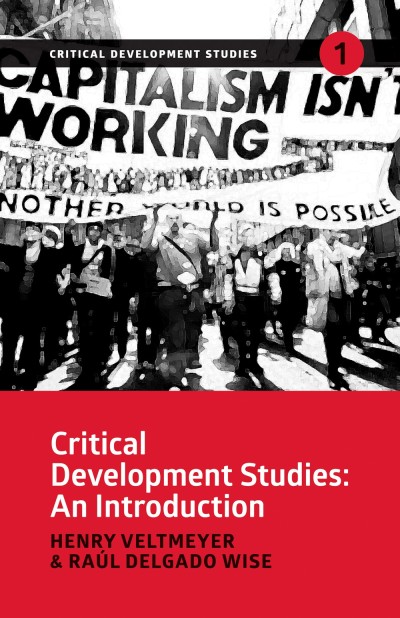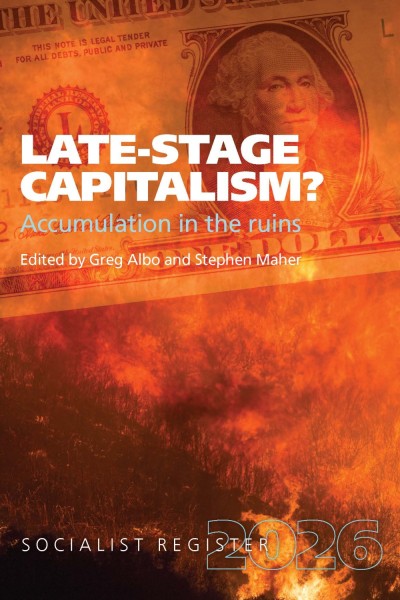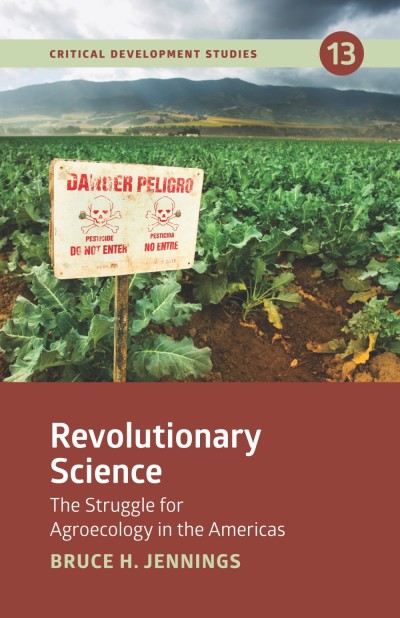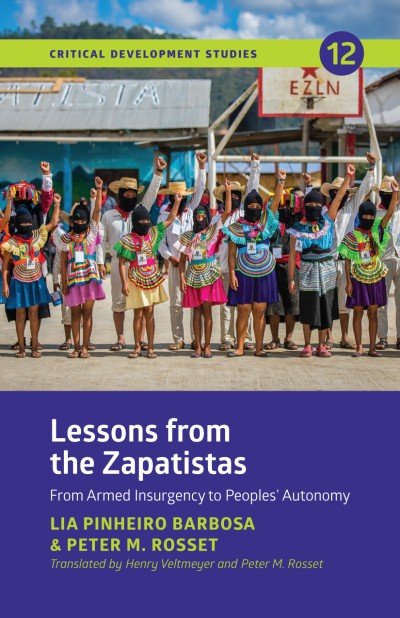
Extractivisms
Politics, Economy and Ecology
This book adopts an interdisciplinary and critical perspective to explore the politics among humans and with the environment in natural resource appropriation.
About the book
Nature and communities in the global south is being overwhelmed at a shocking rate. In many places this is due to ventures such as large-scale open-pit mining, oil extraction in tropical areas, and the spread of monocultures. These and other such forms of natural resource appropriation are usually known as extractivisms.
This introductory book on the one hand adopts an interdisciplinary and critical perspective, incorporating contributions from economics, politics, ecology, and more. On the other hand it is an exercise in the politics among humans and with the environment. Eduardo Gudnyas explores negative local impacts such as ecological and health degradation or violence, along with spillover effects that redefines democracy and justice. Significantly, presented for the first time in English is a comprehensive overview of the theoretical innovations currently being discussed in the South, such as the distinction between appropriation and production modes and a redefinition of surplus to include social and economic features or new understandings on conflict dynamics. Furthermore, Gudynas discusses the Latin American peculiarities of extractivisms produced both by conservative and new-left governments, making clear that it has very deep roots in culture and ideologies, and offers solutions for the future.
Activism & Social Movements Global Studies & Development Political Economy
Contents
- Concepts, Local Impacts and Spillover Effects
- Modes of Appropriation, Property, Access and Globalization
- Diversifications, Defenses and Narratives
- Nature, Space and Territory
- Values and Surplus
- Violence, Conflict and Justice
- State, Policy and Democracy
- Postextractivist Transitions
- References
- Index


